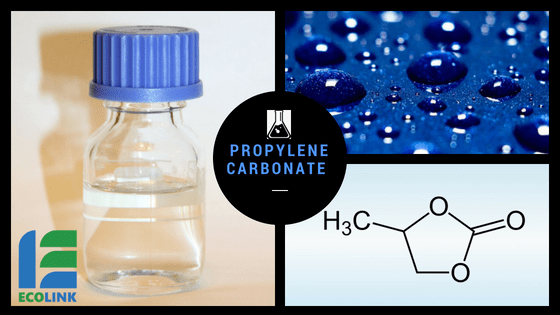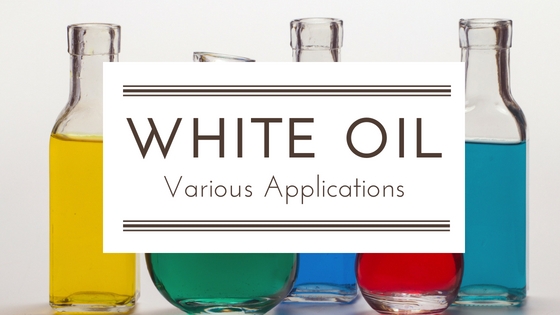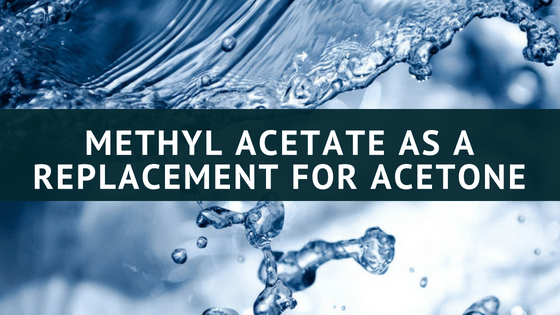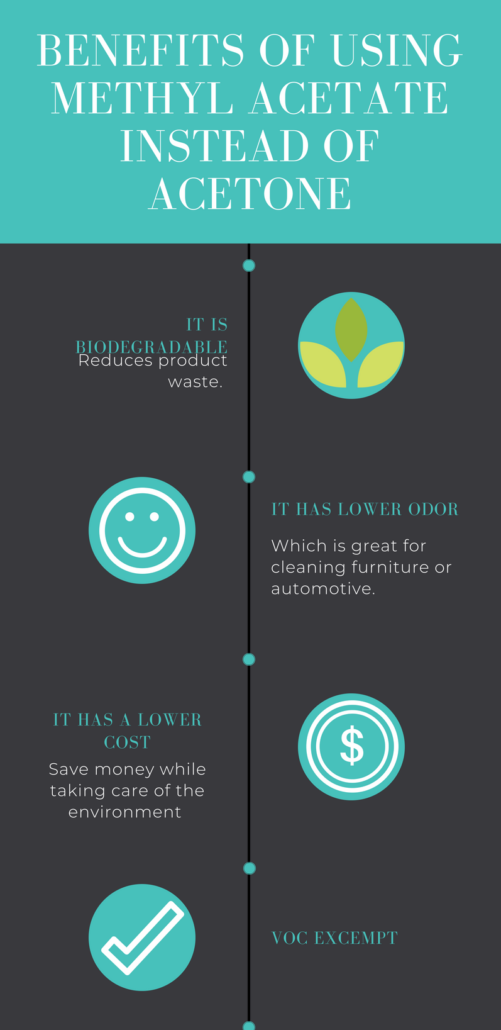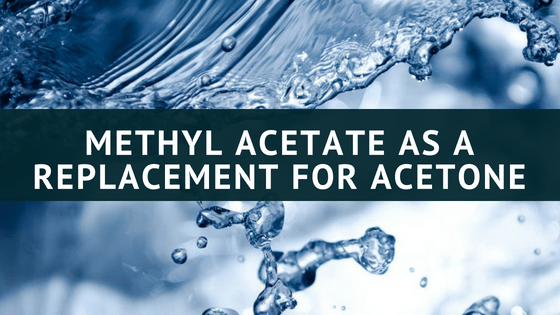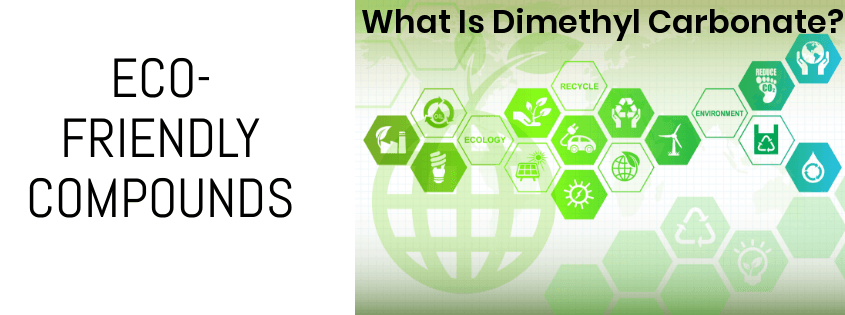Uses and Benefits of Propylene Carbonate
Uses and Benefits of Propylene Carbonate
Propylene Carbonate is available!
Are you looking for a chemical with low toxicity, low evaporation rate, and VOCs exemption? Propylene Carbonate has all of those characteristics and it is suitable for a variety of applications. It can be used for painting, coating, as a cleaning agent, and as solvent for many other industries.
Benefits of Propylene Carbonate
Not only it has a low evaporation rate, low toxicity, and VOC exemption, Propylene Carbonate also has other benefits such as:
- Improves lubricity
- It is chemically stable
- Co-firing in any atmosphere without oxidation
- Excellent viscosity properties and green strength
- Propylene Carbonate is one of the most eco-efficient alternatives for coating wires.
Applications of Propylene Carbonate as a Cleaning Agent
- Ink cleaner
- All purpose industrial and consumer cleaners
- Electronic cleaners
- Unsaturated polyester clean up
- Metal cleaner
- Degreaser
Applications of Propylene Carbonate in the Cosmetic Industry
Propylene Carbonate is not corrosive, therefore, it can use as a solvent for lipsticks, skin cleansing products, eye shadows, and mascaras. It is suitable for this industry since it has the ability to dissolve substance and it is a colorless, odorless, and it is a not corrosive liquid.
Another uses of Propylene Carbonate
Did you know that Propylene Carbonate can be used to:
- Remove CO2 from natural gas.
- Increase electrolyte solubility/ionic conductivity, and decrease dioxide vapor pressure in lithium batteries.
- As plasticizer
- As an important intermediate in the synthesis of tenofovir.
Interested in using Propylene Carbonate? Please call (800) 563-1305 or send an email to products@ecolink.com

